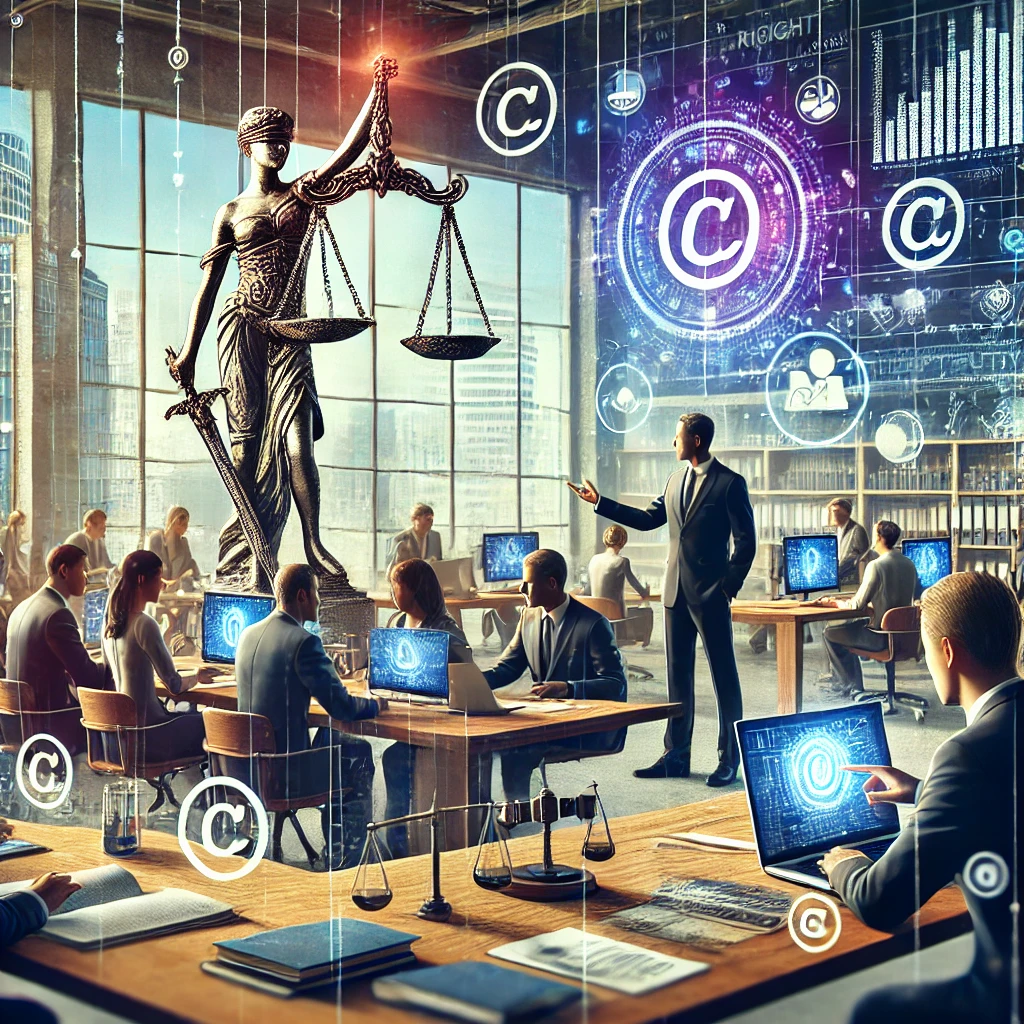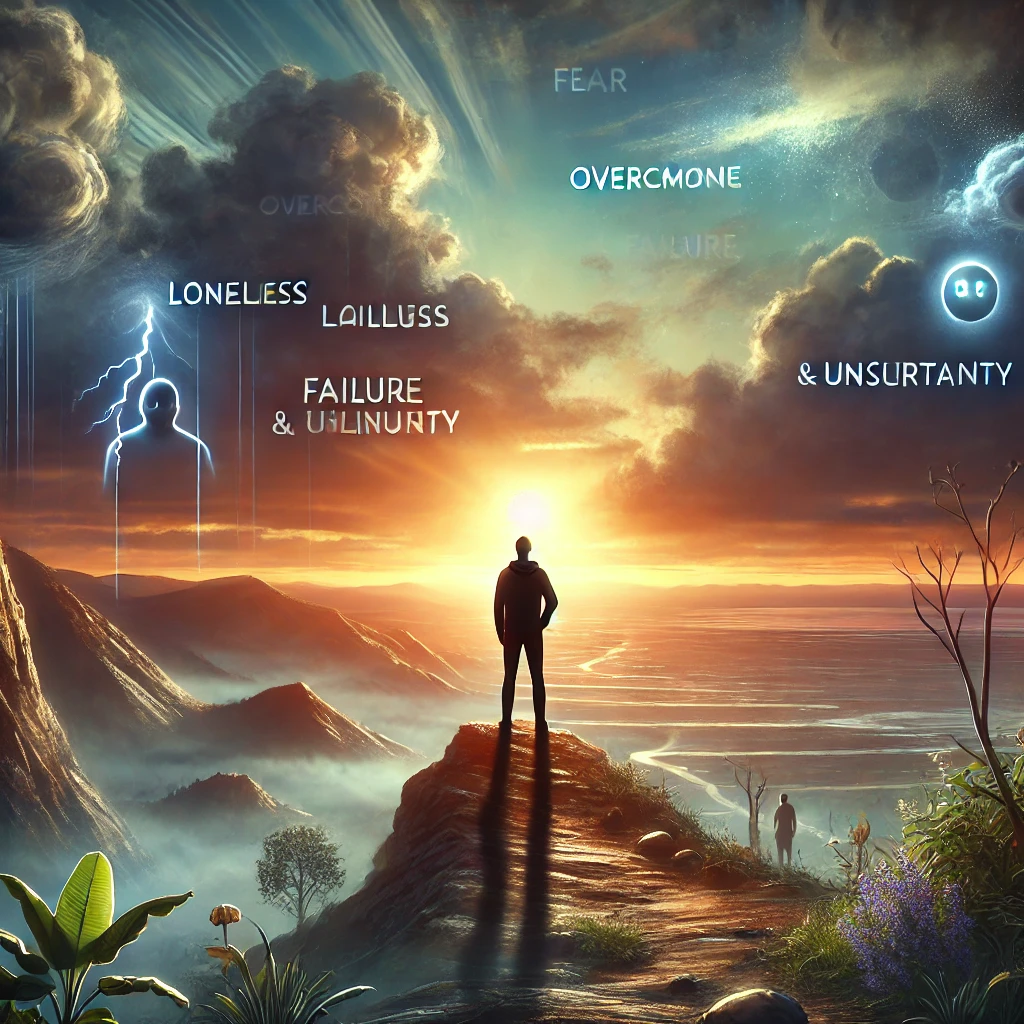In the realm of intellectual property law, the distinction between employee-created works and author-created works has long been a topic of discussion. The article “Does Employee-Created Work Have the Same Legal Protection as Author-Created Work?” provides an essential overview of this topic, emphasizing the nuances of ownership and rights over works created within an employment relationship. However, the intricacies of this subject extend even further, encompassing various aspects such as contractual obligations, regional differences in legal frameworks, and the evolving nature of intellectual property in the digital age. In this article, we will explore these complexities in greater detail, offering a comprehensive perspective on the rights and protections of employee-created works.
The Foundation of Employee-Created Works
The basis of the discussion around employee-created works lies in the fundamental principles of copyright law. Traditionally, copyright law is designed to protect the rights of authors, granting them exclusive rights over their creations. This legal protection ensures that authors have control over the reproduction, distribution, and modification of their works. However, when a work is created as part of an employment relationship, the situation changes.
In many jurisdictions, a work created by an employee within the scope of their employment is considered a “work for hire.” This concept means that the employer, rather than the employee, typically holds the copyright to the work. The rationale behind this is that the employer provides the resources, environment, and compensation for the creation of the work, thus assuming ownership of the intellectual property.
Contractual Agreements: Defining Ownership and Rights
One of the critical factors that influence the rights over employee-created works is the contractual agreement between the employer and the employee. Employment contracts often include clauses that specify the ownership of intellectual property produced during the employment. These contracts can vary significantly in their terms and conditions, depending on the industry, the nature of the work, and the company’s policies.
For instance, some contracts may grant the employer full ownership of any work created by the employee during their tenure, regardless of whether the work was created during working hours or using company resources. Other agreements might include provisions that allow the employee to retain certain rights, such as moral rights, which protect the author’s integrity and reputation. In some cases, contracts may even permit employees to claim ownership over specific types of work, particularly if the work is not directly related to the employer’s core business activities.
Comparing International Legal Frameworks
The legal landscape surrounding employee-created works is not uniform across the globe. Different countries have varying interpretations of the “work for hire” concept, and these interpretations can significantly impact the rights of employees and employers alike. For example, in the United States, the “work made for hire” doctrine is explicitly defined in the Copyright Act, and it is often assumed that the employer holds the copyright unless otherwise specified by a contract.
In contrast, the European Union tends to take a more balanced approach. While the employer typically owns the economic rights to a work created by an employee, moral rights often remain with the author. These moral rights include the right to be credited as the author and the right to object to derogatory treatments of the work. This approach aims to protect the employee’s personal connection to the work, even if the economic benefits are assigned to the employer.
In countries like Japan and South Korea, the treatment of employee-created works can be even more complex, with a greater emphasis on the role of the employment contract in determining ownership. This diversity in legal frameworks means that multinational companies must navigate a patchwork of laws when managing intellectual property rights across different jurisdictions.
The Impact of the Digital Age on Employee-Created Works
The rise of the digital age has further complicated the legal treatment of employee-created works. In the past, most works created within an employment relationship were tangible, such as written documents, designs, or physical products. However, today, the digital environment has introduced new types of intellectual property, such as software code, digital art, and content created for social media platforms.
The question of ownership becomes particularly challenging when employees create content that straddles the line between personal and professional. For example, an employee might maintain a blog or social media account where they share insights related to their industry. If the content of these posts is related to their work, the employer might claim ownership over it, especially if the employee uses company time or resources to create the content. However, if the employee’s online presence is personal, the situation becomes less clear, leading to potential disputes over the ownership and control of digital works.
Employee Rights and Protections: Navigating the Grey Areas
While employers often hold the upper hand in terms of ownership over employee-created works, employees are not without rights. Many countries provide certain protections to employees, even within the context of “work for hire” arrangements. For example, in some jurisdictions, employees retain the right to receive royalties if their work generates substantial profits for the employer. Additionally, moral rights protections ensure that employees can maintain their reputation and association with their work, even if they do not own the economic rights.
In some industries, such as the creative sector, it is common for employees to negotiate for a share of the profits generated by their works. This is particularly relevant in fields like film, music, and publishing, where the commercial success of a work can be tied to the creative input of individual contributors. In these cases, the distinction between employee and independent contractor can become blurred, further complicating the question of ownership.
Disputes and Litigation: When Conflicts Arise
Disputes over the ownership of employee-created works can lead to litigation, especially when the boundaries between personal and professional creation are unclear. Common scenarios include disagreements over whether a work was created within the scope of employment, disputes about the interpretation of contractual clauses, and conflicts over the application of moral rights.
For example, if an employee develops a software application in their spare time that is similar to the work they do for their employer, the employer might argue that the app falls under the “work for hire” doctrine. In such cases, courts often look at factors like the location of the work, the tools used, and the relevance of the work to the employer’s business when making a decision. This underscores the importance of clear and precise contractual language to avoid misunderstandings and protect the rights of both parties.
The Future of Employee-Created Works: Emerging Trends and Considerations
As the nature of work continues to evolve, so too will the legal landscape surrounding employee-created works. Remote work, the gig economy, and the rise of freelance and hybrid employment models are challenging traditional notions of “work for hire.” Companies and employees alike will need to adapt to these changes, considering how new work arrangements impact the ownership of intellectual property.
For employers, the key will be to develop clear policies and agreements that define the scope of work, intellectual property rights, and the use of company resources. For employees, understanding their rights and the implications of their contractual agreements will be crucial to ensuring that their creative contributions are recognized and protected.
Conclusion: Balancing Rights and Interests in Employee-Created Works
The topic of employee-created works is a complex and evolving area of intellectual property law. While employers often hold the primary rights to works created within the scope of employment, the interests of employees are not entirely disregarded. Through a combination of contractual agreements, regional legal frameworks, and evolving norms in the digital age, the rights and protections of employee-created works continue to develop.
By understanding these nuances, both employers and employees can better navigate the challenges of intellectual property ownership, ensuring that the contributions of individuals are respected while maintaining the commercial interests of the business. As we look to the future, it is likely that the balance between these interests will continue to shift, reflecting the changing dynamics of work in a global and digital economy.











Leave a Reply